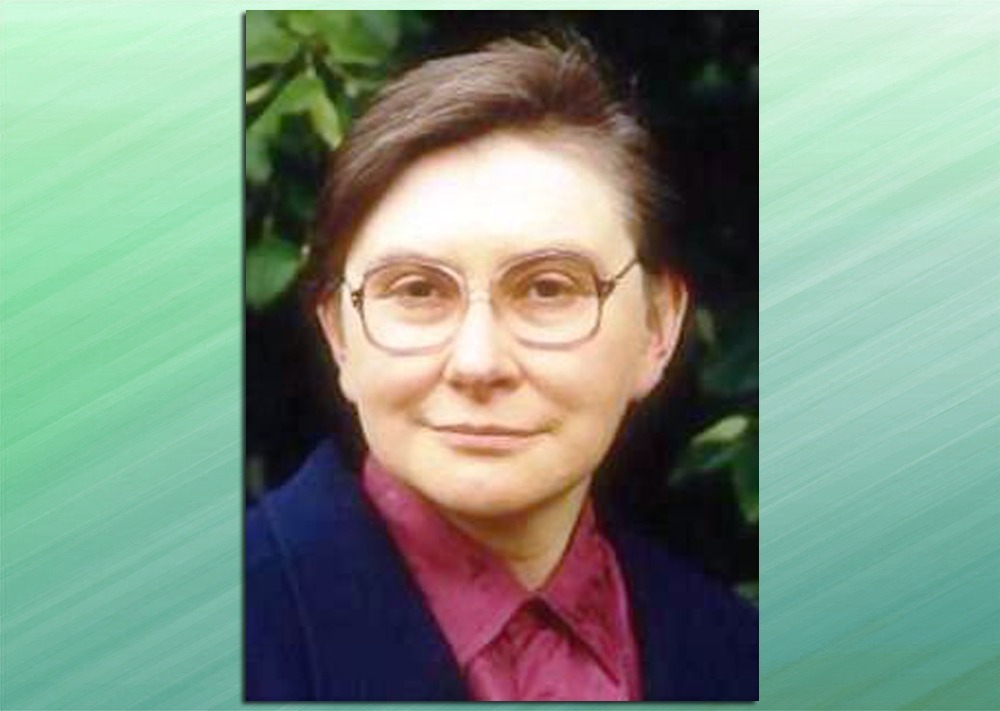Celia Green is a researcher of lucid dreams and out-of-body experiences from the UK and one of the pioneers in the field. Interestingly, on her official website, she is listed as a philosopher and psychologist, but third-party authors often refer to her as a parapsychologist. Perhaps the issue lies in her complex relationship with the academic community: Green did not have a paid position at a university for a long time despite obtaining a doctorate in philosophy from Oxford.
Her most famous books include Lucid Dreams, Out-of-the-body Experiences, and Lucid Dreaming: The Paradox of Consciousness During Sleep. The first of these was published in 1968, before the phenomenon of lucid dreams was first confirmed in Keith Hearne’s laboratory in 1975 and Stephen LaBerge’s dissertation on this topic was defended in 1980.
Green is convinced that well-known researchers of lucid dreams were influenced by her publications. On her official website, she lists an impressive number of names, including Hearne, LaBerge, Levitan, Garfield, Gackenbach, and several dozen other scientists. She asks them for financial support, as she does not have a position at a university, and (in her opinion) they have benefited from her work. She divides the entire history of the science of lucid dreams and out-of-body experiences into “before” and “after” her research in 1966–1968.
Interestingly, Green also combines some states that we call phase states. She introduced the concept of “metachoric” experiences, including lucid dreams, out-of-body and near-death experiences, false awakenings, as well as waking dreams (including cases of alien abductions) and encounters with ghosts. However, unlike the phase state, which involves REM sleep + consciousness, metachoric experiences involve immersion in an illusory world. Therefore, Green’s term includes ordinary hallucinations but not sleep paralysis. She attributes these states to increased activity in the right hemisphere of the brain.
Celia Green’s life can be described as the struggle of a talented person against the system: first, she was a child prodigy who was forbidden to take final exams early. Then, she was a researcher outside the academic environment who attempted to create an independent university and find funding. However, it is understandable why her work is not very well known: she did not have laboratory experiments to support her success in science since the phenomenon of lucid dreaming had not yet been confirmed at the time and lucid dream enthusiasts lacked specific practical advice on achieving lucidity.
Who do you consider to be the pioneer of research on the topic of lucid dreaming?
Get all the latest news about lucid dreams via our channels on Telegram, Facebook, Twitter




